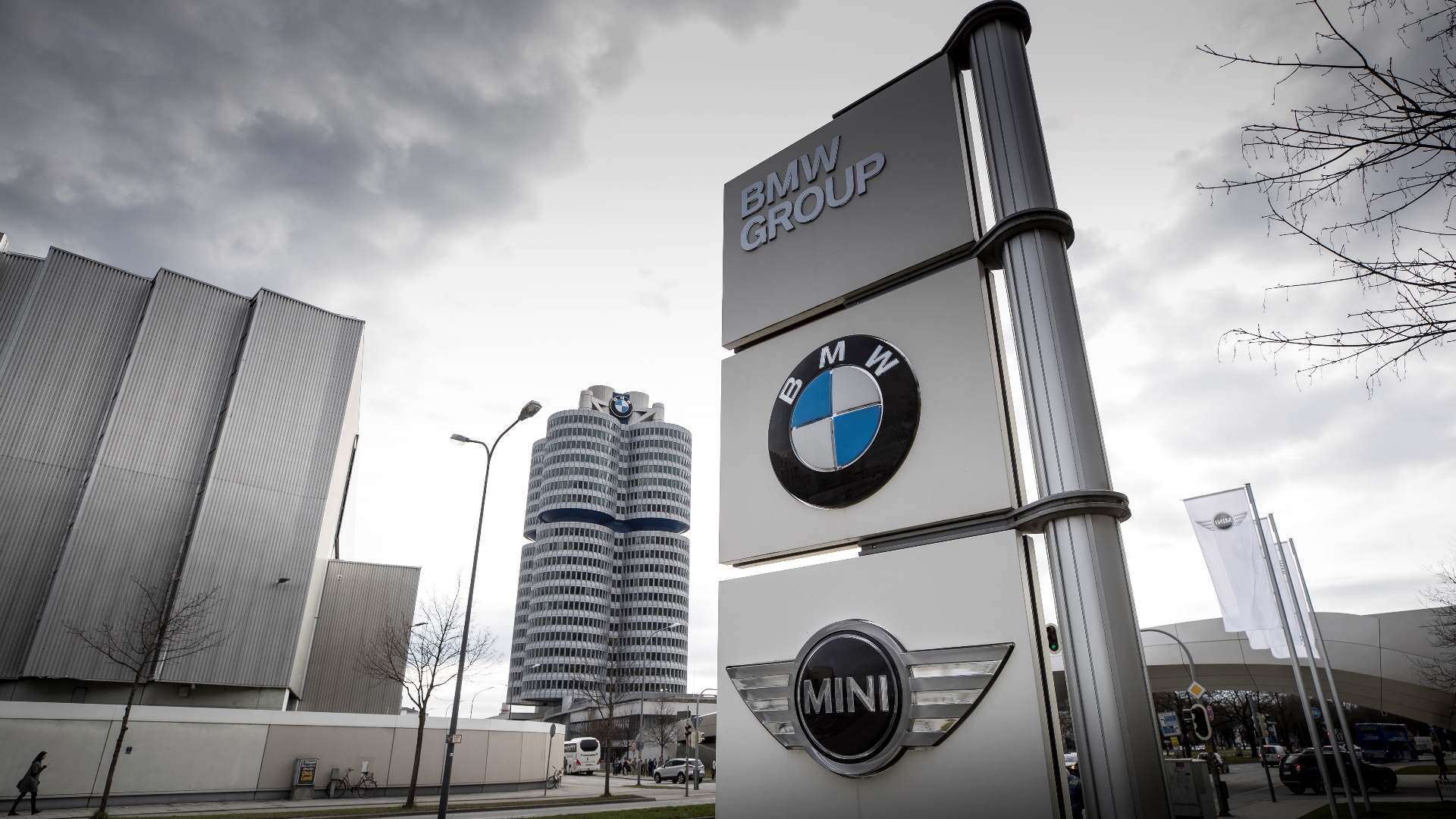

Munich Mayor Dieter Reiter told a German newspaper on Wednesday that the city was considering banning diesel engines due to “shocking” nitrogen oxide levels. Too much nitrogen oxide can cause problems like smog and acid rain.
Based on his statements, it sounds like Mayor Reiter is considering this as a health and safety measure more than one to combat climate change. The European Union has set dust and nitrogen oxide levels allowed that are regularly surpassed in several German municipalities.
“As much as I would welcome avoiding such bans, I think it is just as unlikely that we can continue to do without bans in the future,” the mayor told Sueddeutsche Zeitung (in German) according to Reuters.
The proposed ban doesn’t affect every diesel car in Munich; jf a vehicle can pass Euro 6 emissions tests, it’s allowed to stay on the road regardless of fuel source.
The spike in pollution in Munich comes as a side effect to growing population density. From 2012 to 2017, the number of registered cars has risen from 660,000 to 720,000—295,000 of which are diesels.
This obviously comes in the wake of public speculation of diesels that spread across the globe after the Volkswagen diesel scandal. Since then, other companies including Fiat Chrysler, General Motors, and Daimler have been accused of cheating on diesel emissions. Regardless of the outcome of those accusations, it doesn’t help the public perception of diesel engines.
This could make relations between the city of Munich and BMW awkward, considering it’s the home of BMW’s headquarters and they make a ton of diesel engines. This isn’t the only city of automakers that’s considering cracking down on diesels. Stuttgart, which is home to Porsche and Mercedes-Benz, is also preparing for a limited diesel ban starting next year.